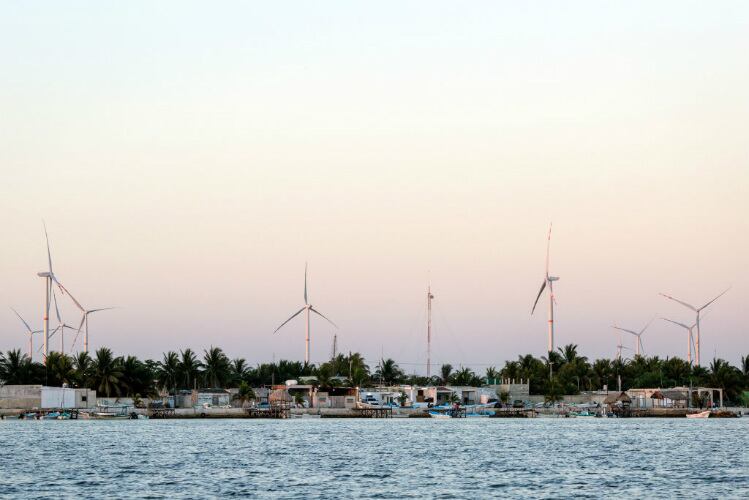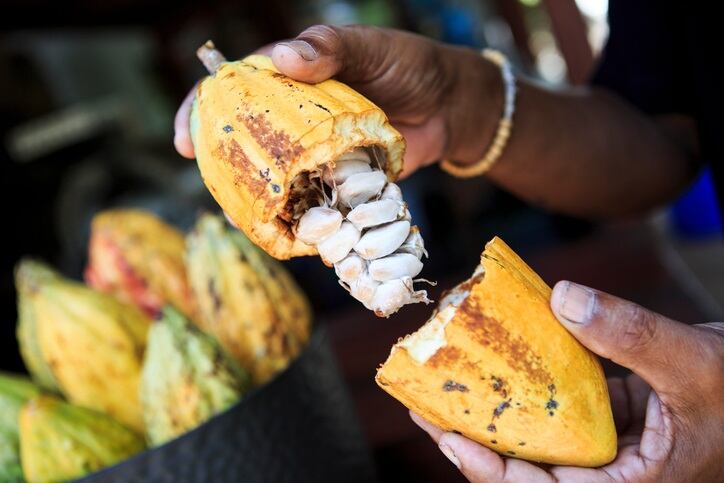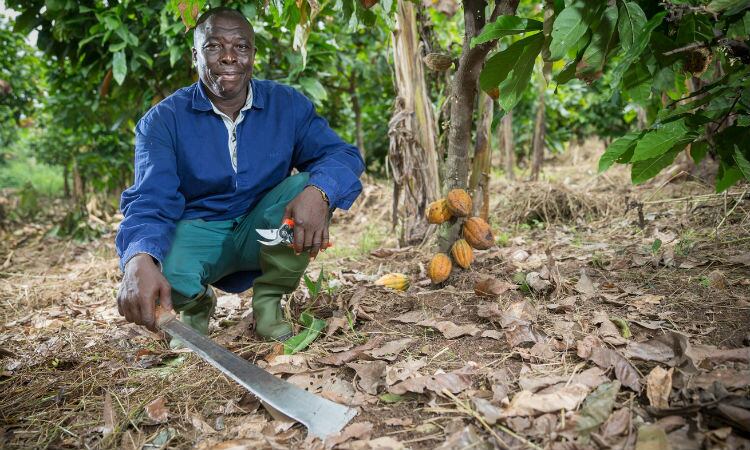Two of the six factories are located in Nuevo León, two at Querétaro, and one each in Jalisco (also home to the majority of tequila production) and Estado de México. They manufacture dozens of the confectioner’s most popular candies, including M&M’s, Skittles, Orbit gum and Turin, the Mexican chocolate maker that Mars bought in 2016.
Mars signed a 15-year power purchase agreement with Vive Energía, a regional clean energy provider, and Envision Energy, a wind-turbine technology firm in Shanghai.
The wind power will originate on a new wind farm in the coastal town of Dzilam Bravo, on the northern edge of the Yucatan peninsula.
According to Mars, the company already sources 53% of its energy from renewables in 10 countries, including the US, UK, Austria, Belgium and France. This transition meets Mars’ commitment to the UN’s sustainable development goals intended to combat climate change.
“Mars is thrilled to be flipping the switch to wind energy,” said Eduardo González, manufacturing director for Mars Latin America, who the company said championed the project.
González said Mars will invest $1bn ‘over the next few years’ to expand this approach to sustainability in supply chains and direct operations, as well as retail and consumer education.
He added that across its value chain, Mars aims to reduce its greenhouse gas emissions by 27% by 2025 and 67% by 2050.
Leading the charge
Five years ago, Mars became the first North American company to join RE100, a corporate leadership initiative that compels businesses to help develop zero-carbon grids on a global scale.
Other RE100 CPG brands include fellow Mexico-based baking giant Grupo Bimbo, as well as Nestlé, Unilever, Danone and Kellogg’s.
Graziella Siciliano, senior manager of carbon and energy at Environmental Defense Fund, told ConfectioneryNews that this decision is evidence that Mars "understands the correlation between a healthy environment and a thriving business."
"More companies can model this leadership by committing to ambitious corporate sustainability, collaborating for scale, advocating for smart environmental policy and accelerating environmental innovation," she said.
Commodity Risk Solution, an advisory firm that assists corporations in securing competitive deals in buying renewable energy, helped Mars develop the plan. Co-founder Luke Marriott said the confectioner’s agreement “will provide a lasting economic advantage in the recently reformed Mexico wholesale electricity market.”
Added Amy Davidsen of The Climate Group, a nonprofit pushing businesses to combat climate change, “We are excited to learn of this new project in Yucatan, Mexico, a state government committed to reducing its emissions as part of the Under2 Coalition. Companies and local governments can work together to build renewable energy capacity, accelerate the shift away from fossil fuels, and tackle climate change.”




